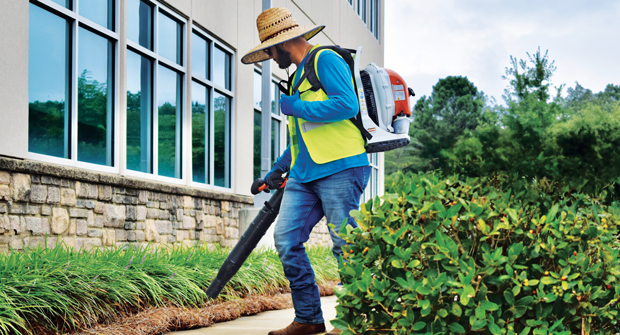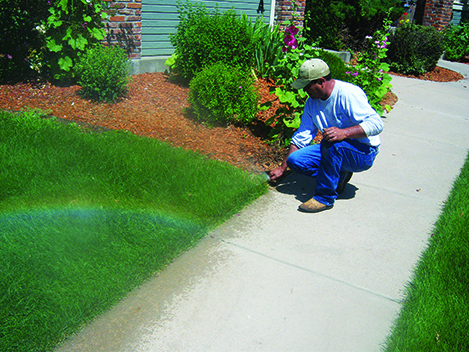No. 131
Carol King Landscape Maintenance
Orlando, Fla.

Founded by Bill and Carol King 54 years ago, Carol King Landscape Maintenance primarily caters to commercial clients. The Bachand family purchased the company in 1975, and it now comprises about 140 employees, with Bruce Bachand holding the reins. Its biggest obstacle in 2014 is managing insurance costs due to the impact of the Affordable Care Act. Yet, it’s optimistic about increased construction opportunities as the local economy rebounds. It also plans to put a heavy focus on sustainable initiatives as it continues to grow.
Hindsight is 20/20, and I’m always brighter after the fact.
As we’ve morphed into a $9 million to $10 million company, we compete on the commercial maintenance side against large, national and regional companies who sell contracts to hotel chains, restaurant chains and large property management groups. It’s dawned on me we can’t work in certain areas because they’re tied up with negotiated relationships. It takes a certain market segment away from you.
Consequently, if we had it to do over again, we might have developed a more niche-related company to have a smaller footprint and closer control. It would have been years ago, probably in the late 1970s or early 1980s.
Companies that accomplish this increase their margins and retain their customers better because of the relationship factor. The one thing the national companies may not be able to do, versus a family business or one-market business, is be close to customers, react quicker to their needs and maintain a relationship-based business.
For instance, homeowner associations (HOAs), condominiums and multi-housing sites for the residential side are not prone to being rolled up by national companies because they’re all locally controlled.
There are opportunities to target a specific market. Spend your marketing dollars in that one area and become a preferred provider or a boutique company. You’ve just got to find the one you’re comfortable with. It always has to come back to who and what you want to be and where you want to head. You need to make these decisions when you’re in the $1 million to $2 million revenue point.
You can’t get so far out that you’ve created something you have to keep fueling all the time yet be willing to go backward. I don’t know that going backward is ever a sound business strategy. I’m not going to blow up what I have now to go back and do that. I don’t think that’s good for the family and the investment they’ve made.
While we have our hands in everything, the company is still successful, still moving forward. We work on the commercial side in HOAs, hotel, commercial industry buildings, facilities, retail and estate-type residential. There are advantages to that, (but) there also are disadvantages when you’re trying to be all things to all people. So we focus on what our strengths are. We’re a company with local roots, local knowledge, the stability of the same management and ownership. We know the customer and focus on their needs without having such a vast geographic area that you get lost in the shuffle.”

